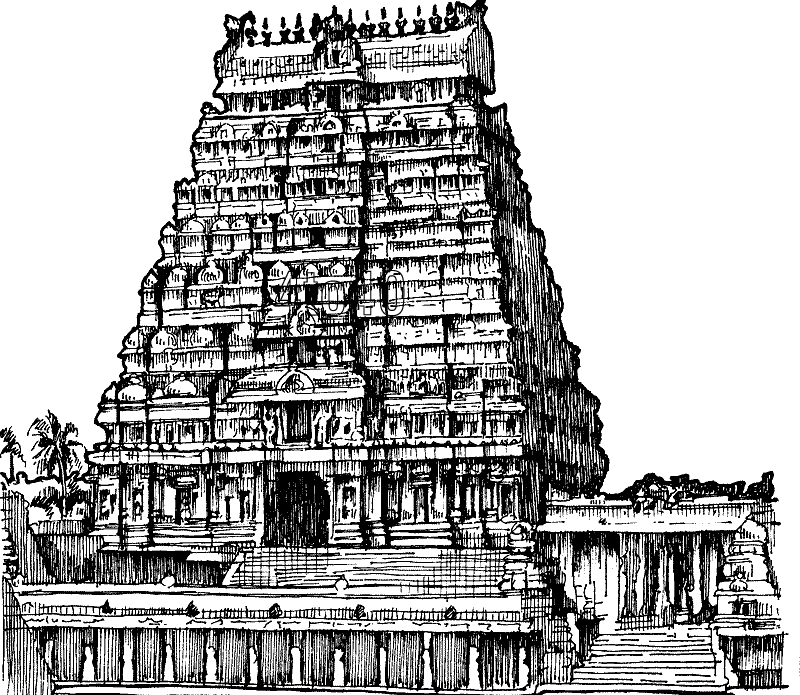GREATNESS OF ADI SHANKARA
- S Subramaniam
- May 2, 2025
- 2 min read

The boy was about eight years of age. He had walked miles and miles from his hometown to reach the banks of River Narmada. He was pleased to meet the elderly learned scholar and bowed before him in reverence. In fact the very purpose of the young lad to walk this long a distance was to become his disciple and learn things from him.
The master asked the boy, "Who are you?"
The boy waited for a moment and gave his reply, his introduction, in the form of a Sanskrit verse composed by him extempore. The Guru was extremely pleased.
The boy was Adi Shankara and the master was Govinda Bhagawatpada. The verse composed by Adi Shankara has come to be known as Atma Shaktam or Nirvana Shaktam (shaktam refers to the sholakas comprising of Six verses).
Below is presented the concluding verse of the shaktam with its meaning:
अहं निर्विकल्पो निराकार रूपो,
विभुत्वाच सर्वत्र सर्वेन्द्रियाणाम् ।
न चासङ्गतं नैव मुक्तिर्न मेयः,
चिदानन्दरूपः शिवोऽहम् शिवोऽहम्
Ahaṃ nirvikalpo nirākāra rūpo
Vibhutvā ca sarvatra sarvendriyāṇaṃ
Na cāsaṅgataṃ naiva muktir na meyaḥ
Chidānandarūpaḥ Sivo'ham Sivo'ham
I am all pervasive. I am without any attributes, and without any form. I have neither attachment to the world, nor to liberation (mukti). I have no wishes for anything because I am everything, everywhere, every time, always in equilibrium. I am indeed, That eternal knowing and bliss, the auspicious (Śivam), love and pure consciousness.
Later, when Adi Shankara composed the Viveka Choodamani, he paid rich tributes to his Guru and dedicated the first verse to him.
सर्ववेदान्तसिद्धान्तगोचरं तमगोचरम् ।
गोविन्दं परमानन्दं सद्गुरुं प्रणतोऽस्म्यहम् ॥ १ ॥
Sarva Vedānta Siddhānta Gocaraṃ Tama Gocaram |
Govindaṃ Paramānandaṃ Sadguruṃ Praṇato's Myaham || 1 ||
I bow to Govinda, whose nature is Bliss Supreme, who is the Satguru, who can be known only from the import of all Vedanta, and who is beyond the reach of speech and mind.
Today is Shankara Jayanti and let us bow our heads in reverence to the greatest philosopher of Advaita.
Jaya Jaya Shankara
Hara Hara Shankara





Comments